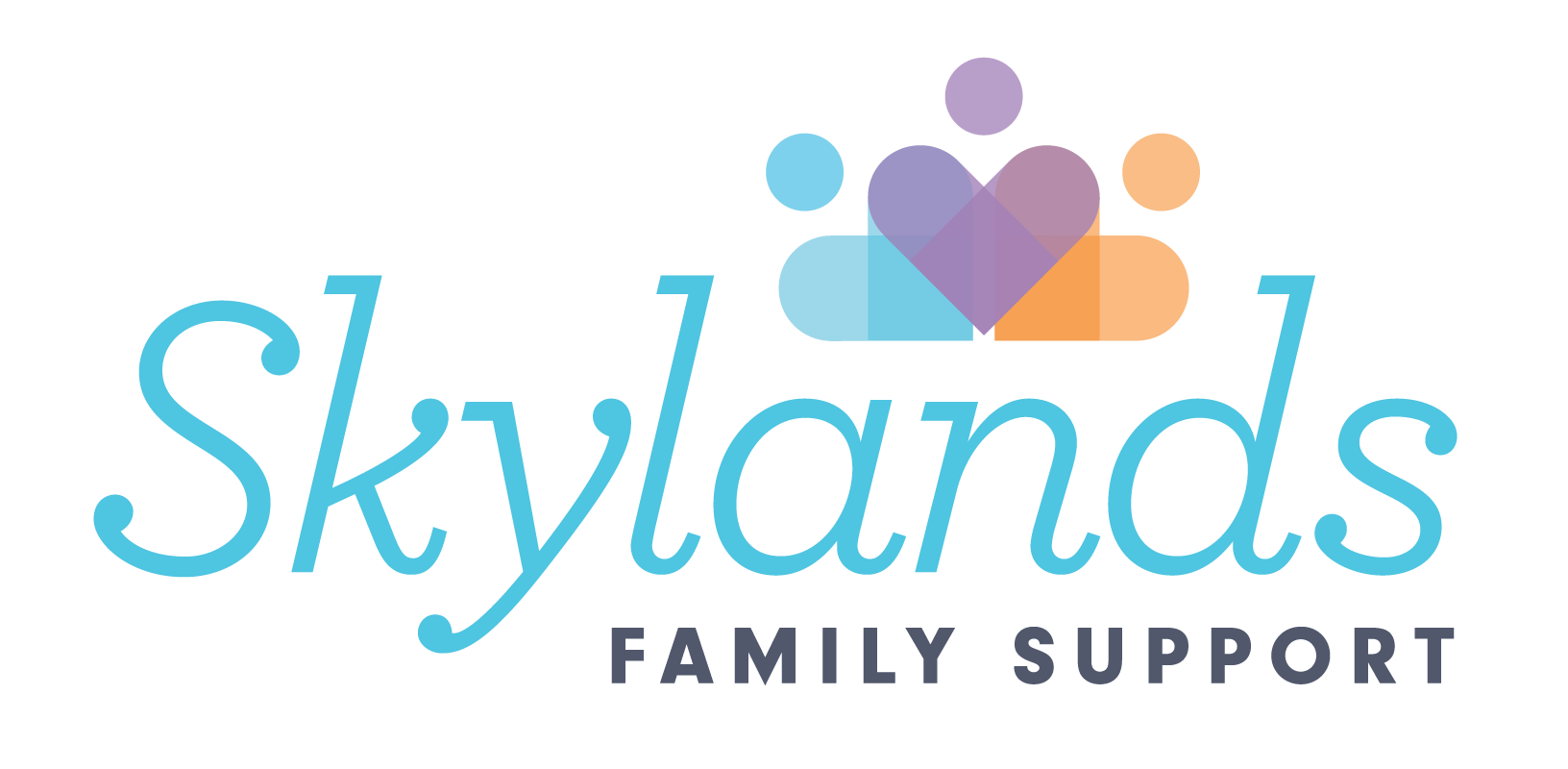3 Tips to Prepare for a Successful Support Coordination Meeting
Meetings with your support coordinator should be a collaborative discussion about your loved one and their unique needs and goals. The right agency will take the time to make these meetings productive and meaningful for you and your family. Let’s go over some ways you can prepare to get the most out of your meeting.
Walking into a support coordination meeting with clear priorities and all the necessary information can make the process smoother and more effective. When you’re organized and ready, you can help your support coordinator better understand your loved one’s unique needs and how to address them. It’s a small step that can lead to meaningful progress. Here are our top tips for productive preparation.
#1 – Gather relevant documents and information
Preparation begins with having all the necessary documents and information ready for your support coordination meeting. These materials provide important context for your coordinator, allowing them to better understand your loved one’s current situation and recommend appropriate services.
What to gather:
- Medical information: Include preferred doctors’ contact information, list of medications, and details about any medical support your loved one needs. This information helps paint a clear picture of health-related needs.
- Educational documents: Be sure to bring Individualized Education Plans (IEPs) and any recent school evaluations. These can guide discussions about developmental support moving forward.
- Employment or vocational assessments: If employment is a focus for your loved one, include documentation that highlights strengths and areas needing support.
- Past service plans: If you’ve worked with a service provider before, bringing previous service plans can provide valuable background.
How to organize:
Create a folder—physical or digital—that keeps all these documents in one place for easy reference. Consider labeling sections or using tabs for quick access during the meeting. If you’re unsure what’s needed, reach out to your support coordinator ahead of time for guidance.
#2 – Identify goals and priorities
Before your support coordination meeting, take time to reflect on your loved one’s needs and what you hope to achieve. Identifying clear goals and priorities will help guide the conversation and ensure that the meeting is focused on what matters most to you and your family.
What to consider:
- Short and long-term goals: Think about what your loved one needs immediately, as well as any goals for the future. This might include accessing specific services, building skills, or achieving milestones.
- Areas of focus: Identify key areas where support is most needed, such as health management, daily living assistance, transportation, social connections, or something else. Be specific about what challenges or opportunities you want to address in these areas.
- Quality of life: Consider what will improve your loved one’s overall quality of life. This might include social engagement, independence, or emotional well-being.
How to prepare:
- Write down your loved one’s goals: Make a list of both immediate priorities and long-term aspirations. Organizing your thoughts in advance makes it easier to share and ensures nothing is overlooked.
- Prioritize key needs: Rank the goals in order of importance. This will help your support coordinator understand where to start and how to allocate resources most effectively.
- Be open to collaboration: While it’s important to have clear goals, it’s also helpful to be open to suggestions. Your support coordinator may have valuable insights that can guide your decision-making.
READ MORE: A Wonderful Life: 4 Ways Support Coordination Makes a Difference
#3 – Come prepared with questions
As you prepare for your support coordination meeting, it’s important to come with questions that will help you better understand the available services, processes, and resources. Asking the right questions ensures that you have all the information you need to make informed decisions for your loved one’s care and support.
Types of questions to ask:
- About available services: What types of services are available to support my loved one’s needs? Are there programs or resources we may not be aware of?
- Eligibility and access: What are the eligibility requirements for specific services? Are there waiting lists or application processes we need to be aware of?
- Coordination process: How will the support coordinator help implement and monitor the plan? What role will I play in this process?
- Community Resources: Are there local community organizations, support groups, or additional resources that could benefit our family?
How to prepare your questions:
- Write them down: Prepare the list of questions in advance to ensure you don’t forget anything important. It can be helpful to group questions by topic (e.g., services, eligibility, funding) for easy reference during the meeting.
- Be specific: The more specific your questions are, the more actionable the answers will be. Focus on the details that matter most to your situation.
- Stay open-minded: While it’s important to ask questions, also remain open to new suggestions or answers that might guide you in a different direction than you initially thought.
READ MORE: Common Concerns Families Have About Support Coordination (And How to Get Them Addressed)
Conclusion
Preparing for a support coordination meeting will help ensure that your loved one receives the best possible care and resources. Taking these simple steps will not only make the meeting more productive but also set the foundation for a strong partnership with your support coordinator.
Want to work with a trusted and dedicated support coordination agency that truly cares about your loved one and family? Contact Skylands Family Support today.




